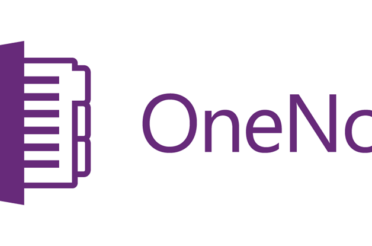Password integrity should be central to any organisation’s cybersecurity practices, and any exposure of passwords to outsides parties is of great concern. It is estimated that unauthorised password access is the cause of over 80% of security breaches. Malicious parties are able to access system networks through exposure of poor password protection.
Passwords are an integral part of our digital lives, and new technologies such as biometrics have not replaced them as of yet. Organisations need to implement methods for employees to store, access, and share their passwords securely, along with being given the tools to safely manage them.
As cybersecurity threats continue to grow at alarming rates, the safeguarding of sensitive information such as passwords is critical for organisations. Employees utilise a large amount of passwords, with LastPass estimating that business users of their products use an average of 191 passwords through their activities.
With passwords and their associated security being a necessity, what systems can be put in place to ensure that passwords are stored and can be shared safely? One of the best solutions is the use of a password manager, and in this article, we examine the benefits to businesses and employees that utilise them.
Password Managers For Business
Password managers provide a secure system for the safeguarding of passwords, and they can feature business and personal use settings. The business versions of these provide for the ability to separate personal and work passwords from each other, and they can also feature additional administrative functions which will increase security further.
Following are some of the features of a password manager.
- Centralised Password Management
- End-To-End Encryption
- Secure Password Sharing
- Multi-Factor Authentication
Multi-factor authentication is of particular note. It’s adoption a key protection mechanism, and suggested by the Australian Signals Directorate as a Level One Maturity requirement.
Microsoft estimates its use lowers the risk of a security breach by 99.9%. With such an improvement added, it can be seen why adding multi-factor authentication through a password manager makes a great deal of sense.
- Automated Strong & Complex Password Generation
- Activity Monitoring And Audit Trails
- Secure Sharing Of Passwords With Third Parties
In Summary: Securing Passwords Within Your Organisation is a cost effective and critical element to your reducing your cyber risk exposure.
Undertaking enhanced password security is imperative for an organisation and its information.
Password managers offer a way to create, store, and share passwords with staff and external parties, and they are an important tool for businesses who seek to maintain a strong cybersecurity posture.
By using password managers, organisations can protect their information while providing a culture of security mindfulness among their employees.
Does your organisation need assistance with its cybersecurity, including the security of its passwords? If so, please contact us today.








